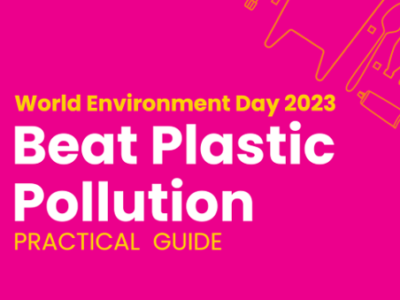Have you been seeing the term COP? More specifically as COP21 or other variants such as COP25, COP26 etc. If your answer is yes, then you should know that the term COP is the acronym Conference of the Parties. This is an annual summit on climate and the environment held by the United Nations. Delegates from different countries meet at a chosen city to try and find ways to prevent climate disaster that may result as the affect of global warming.
The most recent summit (at the time of publishing this article) is the COP27. It was the 27th annual summit and held from November 6 until November 20, 2022 in Sharm El Sheikh, Egypt. The next is COP28 which will be held from November 30 until December 12, 2023 in Dubai, UAE. It will interest you to know that the first summit was held in Rio de Janeiro, Brazil in 1992. However, it was termed the Earth Summit not COP. The first COP (i.e., COP1) was held in Berlin, Germany in 1995. It was there that delegates agreed to annual meetings. Although, the framework for COP1 was established during the Earth Summit in Rio de Janeiro.
Each COP annual summit has different aims. As an example, the COP held in Kyoto, Japan in 1997 was focused on countries cutting emissions. The COP held in Paris, France in 2015 was focused on countries limiting global warming to 2 degrees Celsius. The 2021 COP held in Glasgow, Scotland was about countries agreeing to “phase down” coal. The goal of these different aims is to spur countries to take action towards cutting greenhouse gas emissions (e.g., carbon) and protecting countries that are hot hardest by climate change while keeping track of progress. Each decision is reached by consensus between delegates i.e., government officials.
The COP then carries out a once-every-five-years assessment of where the world is in terms of meeting the aims of the previous COPs. This would be one of the features of the next COP in Dubai, UAE. One of such assessments could be the financing to help developing countries deal with and mitigate the effects of climate change.






